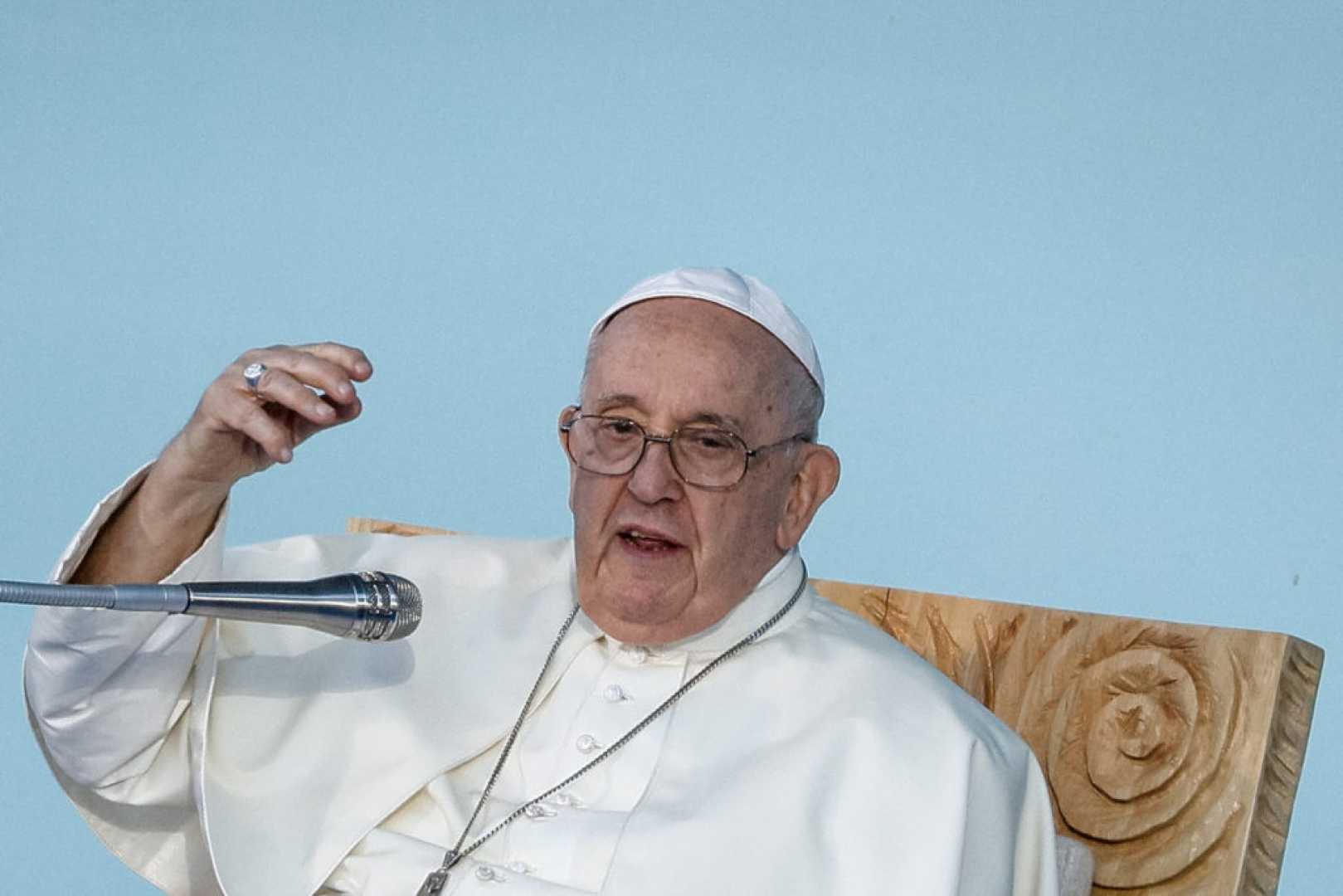News
Pope Francis Reflects on 2018 Turning Point in Handling Sexual Abuse

VATICAN CITY (AP) — Pope Francis has acknowledged that a comment he made during a 2018 visit to Chile marked a significant turning point in his understanding of clergy sexual abuse. This moment ultimately set the Catholic Church on a new path toward accountability.
During the visit, the pope was questioned by a reporter about Bishop Juan Barros, who was accused of covering up the actions of Chile’s most notorious pedophile. Francis had defended Barros, asserting, “not one shred of proof against him. It’s all slander. Is that clear?” This response ignited backlash from abuse survivors and advocates.
After his initial reaction, Francis commissioned an investigation and subsequently apologized to the victims. Historians and biographers, like Austen Ivereigh, indicate that this response was pivotal. “He recognized his mistakes… He learned from them. He said ‘sorry.’ And he put it right,” Ivereigh stated.
Before this incident, Francis, who became the first Latin American pontiff in 2013, faced skepticism about his grasp of the abuse crisis. Although he had formed a sex abuse commission, it lost influence over the years. The bishops, including Barros, had long been under scrutiny for their roles in the cover-up of abuse.
In June 2018, after an investigation into the Chilean church, the pope admitted he had been misled by Barros’s supporters. Victim Juan Carlos Cruz, who has formed a bond with Francis, noted the pope’s sincerity in wanting to effect change.
Later that same year, another crisis emerged: allegations against former Cardinal Theodore McCarrick, which prompted a two-year investigation into the overall church practices regarding clergy misconduct. The investigation revealed systemic failures over decades.
Through these challenges, Francis implemented reforms, including new church laws requiring the reporting of abuse allegations internally. These steps have aimed to dismantle the culture of impunity within the church hierarchy.
Despite these significant reforms, questions about specific cases remain. Critics have pointed to the continued controversies surrounding bishops like Gustavo Zanchetta and the handling of previous cases, such as that of Julio Grassi, raising ongoing concerns about accountability in the Catholic Church.
As the church moves forward, advocates urge that atonement must include addressing past failures comprehensively.












